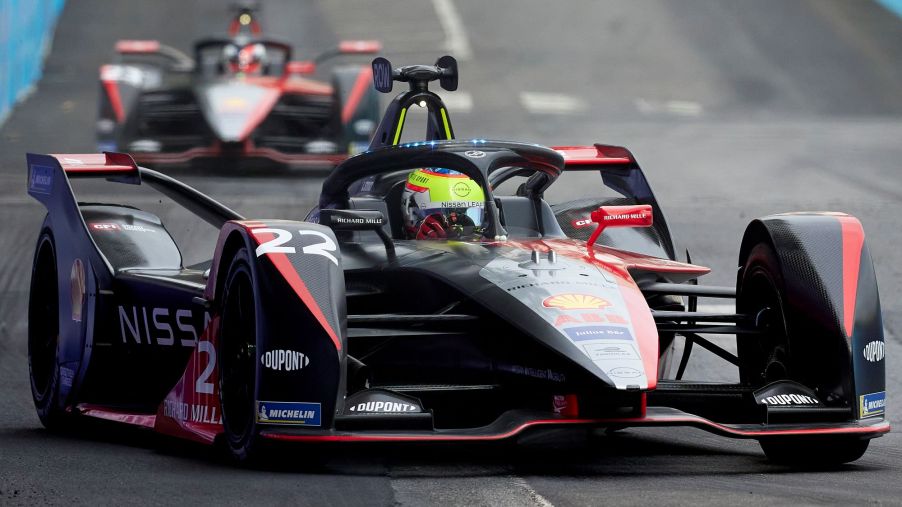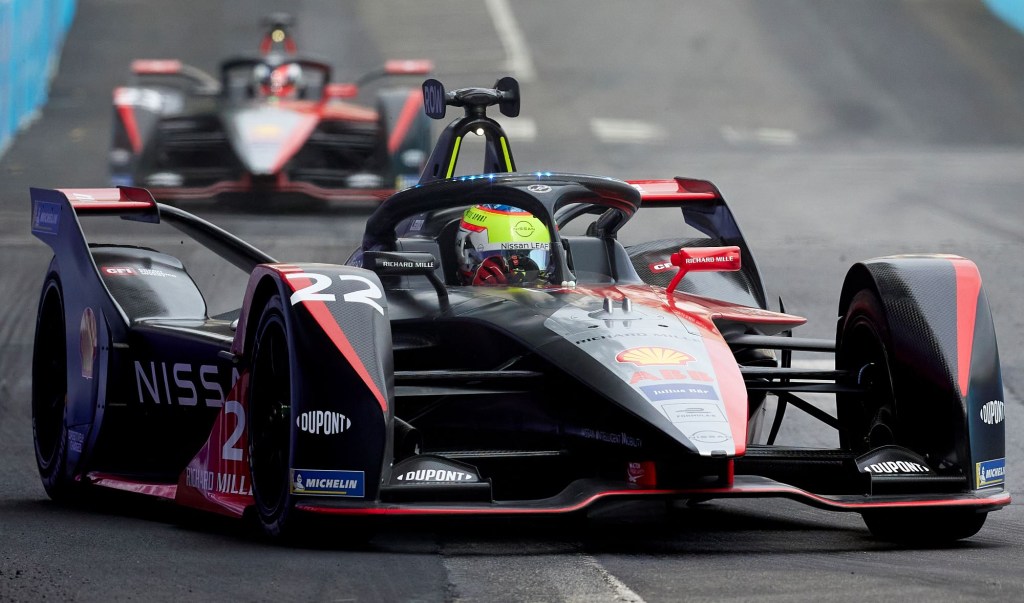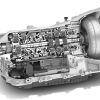
Nissan Launches Brain Research Program for Racing Drivers
Nissan isn’t just a creator of stylish, reliable cars like Altima or Murano. They also bring the heat to the racetrack with the GT-R, which can go toe-to-toe with a Lamborghini, and the 2022 Nissan 400Z, which is a great racer with a far more attainable price tag. That’s not counting their actual racing cars.
Nissan has made some impressive accomplishments in the technology department. The automaker has started a new research program designed to enhance the abilities of racing drivers. What does its success mean for the future of Nissan?
Nissan’s accomplishments so far

Nissan has an impressive reputation in the racing world thanks to NISMO (Nissan Motorsport International Limited). Its first racecar was the 1967 R380-II, which reportedly set seven speed records internationally in its debut year. The R382 would take second and first place in the Japan GP race two years later.
The automaker also enjoyed 19 off-road racing awards with the Datsun King Cab truck. This 380-hp pickup would later serve as inspiration for the Titan and Frontier models today. Nissan was also a pioneer for greener car technology, winning an environmental award from the EPA in 1991.
The Leaf was also one of the first fully electric vehicles widely available to consumers. Today, the Leaf can get up to 226 miles of range and produce 214 hp from its powertrain. While some rivals enjoy better specs, the Leaf still wins over drivers with its spacious interior dimensions and plentiful features.
The brand also created its own autonomous driving system called ProPilot Assist. Like adaptive cruise control, it can pilot itself at certain speeds while still accounting for surrounding cars. The feature is available on select 2021 models, as well as the 2020 Altima.
Nissan’s brain research program
The Nissan Brain Performance Program aims to study the minds of racecar drivers and enhance their vehicles accordingly, Nissan says. Each driver has different cognitive abilities and brain structures determined by age, experience, or other factors. As such, you can’t determine how different drivers will react to intense situations behind the wheel.
The automaker explains that the first step is determining the cognitive skills of Nissan Formula E racers compared to civilian drivers. The racers will get to take a ride on state-of-the-art simulators while their brains’ activity is monitored. Program directors plan to use this data to further build on racers’ abilities.
Gheorghe claims that research shows the brain is even more functional during quick lessons while under pressure. In the future, Nissan even wants to use this research to develop safer cars for the average driver.
Our brains already send off their own electrical signals to help us complete daily tasks in life, including driving. Brain stimulation is a non-invasive therapy designed to enhance brain function and even treat chronic health conditions. The program’s coordinator, Lucian Gheorghe, says the brain is already hard-wired to operate under intense situations while driving.
How will this program affect the racing industry?
The current goal of the program is to hone the already impressive skills of Nissan’s racecar drivers. However, it also shows engineers how racers react in emergency maneuvers. This will allow the designers to manufacture the best safety features on the cars and consider additional precautions for the actual racetrack.
Computer interference may also play a big part toward Nissan’s EV technology development. Bio-electricity data can show automakers what drivers truly want out of a driving experience, allowing manufacturers to make better cars. It can also help Nissan make more efficient vehicles with better knowledge of their customers’ EV driving behaviors.


